5 Best Content Management Systems in 2024
What is a CMS platform? What to consider when choosing a CMS? What is the best CMS in 2024? Which content management systems are best for blogging?
To find answers to these questions, keep reading.
What is a CMS Platform?
A CMS platform allows users to easily manage digital content and create a website.
Developers typically use programming languages like HTML, JavaScript, and CSS to create web pages. You would need to master these languages and write a lot of code if you wanted to construct a website without using a CMS platform.
A CMS platform also organizes everything on your site’s front end. For instance, the CMS will automatically display your most recent blog post at the top of your blog page and add a timestamp if you create one.
However, a CMS is more adaptable than just a blogging platform. A CMS can assist you in managing any type of digital content. For example, the “digital content” in your CMS could be:
- Blog posts
- Static pages
- Forum posts
- Private course content
- Memberships
- eCommerce products
What to consider when choosing a content management system?
- Pricing – Every CMS has related expenses. Some CMSes are open source and free, although hosting costs apply. Others could require you to buy the software directly from the CMS developer.
- Support & customer experience – Ensure you know what you’re receiving before using any programs; some are open source and offer no central support options, while others offer round-the-clock assistance.
- Personalization – To increase your marketing and conversion rates for the business, use a CMS that enables you to design personalized visitor experiences.
- SEO – The software you choose must provide you with the capabilities to rank in Google and other search engines.
- Ease of use – If you’re not a developer, you should choose a CMS platform that is simple to use, even for non-developers.
- Security – With some CMS systems, you’ll be in charge of your site’s security, while other products take care of it for you.
The five best free content management systems
-
Wix
One of the simplest CMSes available in the market is Wix. Wix is a popular option for people with non-technical backgrounds who want to build a website from scratch because of its simplicity.
Wix has a user-friendly drag-and-drop creation tool. This tool allows you to manage your content and add pieces to your website without writing a single line of code.
Also, you can use the Wix Artificial Design Intelligence tool to create a site for you or pick from hundreds of pre-built templates. Provide information about yourself, your company, and your ambitions, and Wix ADI will instantly create a stunning site.
Wix assists you in keeping track of everything as you develop your website and add content. Navigating the dashboard is also simple. In addition, you can check the number of visitors to your site and the most popular content with this CMS. Nothing is more than a few clicks away.
How consistently a CMS sends content to site visitors is crucial. Wix has established a strong infrastructure of server centers that maintain extremely stable load times and uptime. In this way, if your website suddenly becomes incredibly popular, Wix’s servers will adjust to give your site the resources it needs to continue offering each visitor a top-notch experience.
The platform can be used for free with a Wix subdomain, although most users won’t find that useful. Premium plans begin at about $14 per month.
Here is a quick rundown of the additional features that set Wix offers for web development.
- Blog management tools with multiple writers and contributors
- Photography, video, and media management tools
- 24/7 security monitoring and incident response
- Bookings and calendar management features
- Free hosting and free SSL certificate
- Fully optimized for SEO and mobile
- Excellent eCommerce capability
- 500+ free templates
-
Squarespace
Squarespace is an all-in-one website builder. However, unlike other competing CMS solutions, Squarespace has a unique selling point: gorgeous designs.
Squarespace has the best free and paid templates available, several of which have won design awards. Squarespace is a well-liked content management option for creative workers, musicians, artists, and portfolio sites because of its contemporary designs.
Squarespace is a great content management system if you’re looking for an easy solution to maintain your portfolio website. Monthly rates for Squarespace plans begin at $12.
Let’s examine some of the additional interesting features offered by this CMS in more detail:
- Excellent eCommerce and blogging capabilities
- Free domain for the first year
- Unlimited design templates
- 24/7 customer assistance
- Intuitive website builder
- Built-in marketing tools
- Third-party extensions
- Free logo-making tool
- Friendly SEO tools
-
Shopify
Look no further than Shopify if you’re opening an online store and require an eCommerce-specific CMS platform.
Companies of all types and sizes have used Shopify to conduct online sales for many years. Shopify can meet your demands whether you’re creating a brand-new website from the start or moving from your current CMS.
Consider Shopify as your CMS platform if you also want to take advantage of its ability to scale. Plans start at $29 a month, and a 14-day free trial is available.
Here’s why Shopify’s CMS platform is so highly rated:
- Simple dashboard to manage products, services orders, payments, and shipping
- 4000+ applications to add features and functionality to your site
- Best-in-class built-in marketing tools
- Free 24/7 customer support
- Free SSL certificate
- Unlimited products
-
WordPress
The most widely used content management system on the planet, WordPress powers 38 percent of the Internet. From small-scale personal blogs to some of the biggest news websites in the world are supported by this platform.
WordPress is essentially endless because it is a free and open-source platform. With WordPress, your site will be under your control. Because of this feature, WordPress is a well-liked CMS option among programmers and content creators.
You don’t receive specialized help when using a free and open-source CMS like WordPress, which is a drawback. However, there is a sizable community of WordPress developers, writers, and site owners who participate in online forums and develop content to help other creators. Additionally, you’ll need to obtain your web hosting package and domain registration from outside sources on your own.
WordPress’s large collection of more than 57,000 plugins makes it simple to add functionality to your website. Other top features include:
- Powerful media management tools
- Fully customizable designs
- Mobile responsive content
- User-friendly dashboard
- High performance
- Easy to access
- SEO friendly
Related post: Joomla vs WordPress: Which CMS Should You Choose?
-
Drupal
Drupal is a good substitute for WordPress if you require various page styles and content types. Additionally, it is better at managing sophisticated user permissions.
For developers, marketers, and agencies alike, Drupal is a popular choice. In many different industries, including healthcare, e-commerce, retail, FinTech, travel, journalism, and more, managers use Drupal.
Choose Drupal over WordPress if you want open-source capabilities and better security.
The top characteristics of Drupal are as follows:
- High performance, scalability, and accessibility
- Advanced personalization
- Marketing automation
- Content as a service
- Content authoring
- Solid security
Summary
As we’ve seen, a content management system or CMS enables you to manage your content and transform it into a website without constantly writing and editing code. While some of these tools are entirely devoted to assisting you, others only manage your content and enable you to publish it online.
Whichever platform you select, some coding skills will be required to take your CMS to the next level. So, keep a developer team and an SEO team ready.
If you are looking for professional web developers to manage heavy-load websites, try Turing.com. Turing’s AI-backed Intelligent Talent Cloud helps companies source, vet, hire, and manage the world’s best software developers remotely.
FAQs
- What is the most widely used content management system?
WordPress is the most widely used CMS platform. - What are the 3 popular content management systems in the market?
WordPress, Wix, and Drupal, the top three web content management systems, control the CMS market. - What are the 5 examples of content management systems?
5 examples of content management systems: Wix, WordPress, Drupal, Squarespace, and Shopify.
Tell us the skills you need and we'll find the best developer for you in days, not weeks.
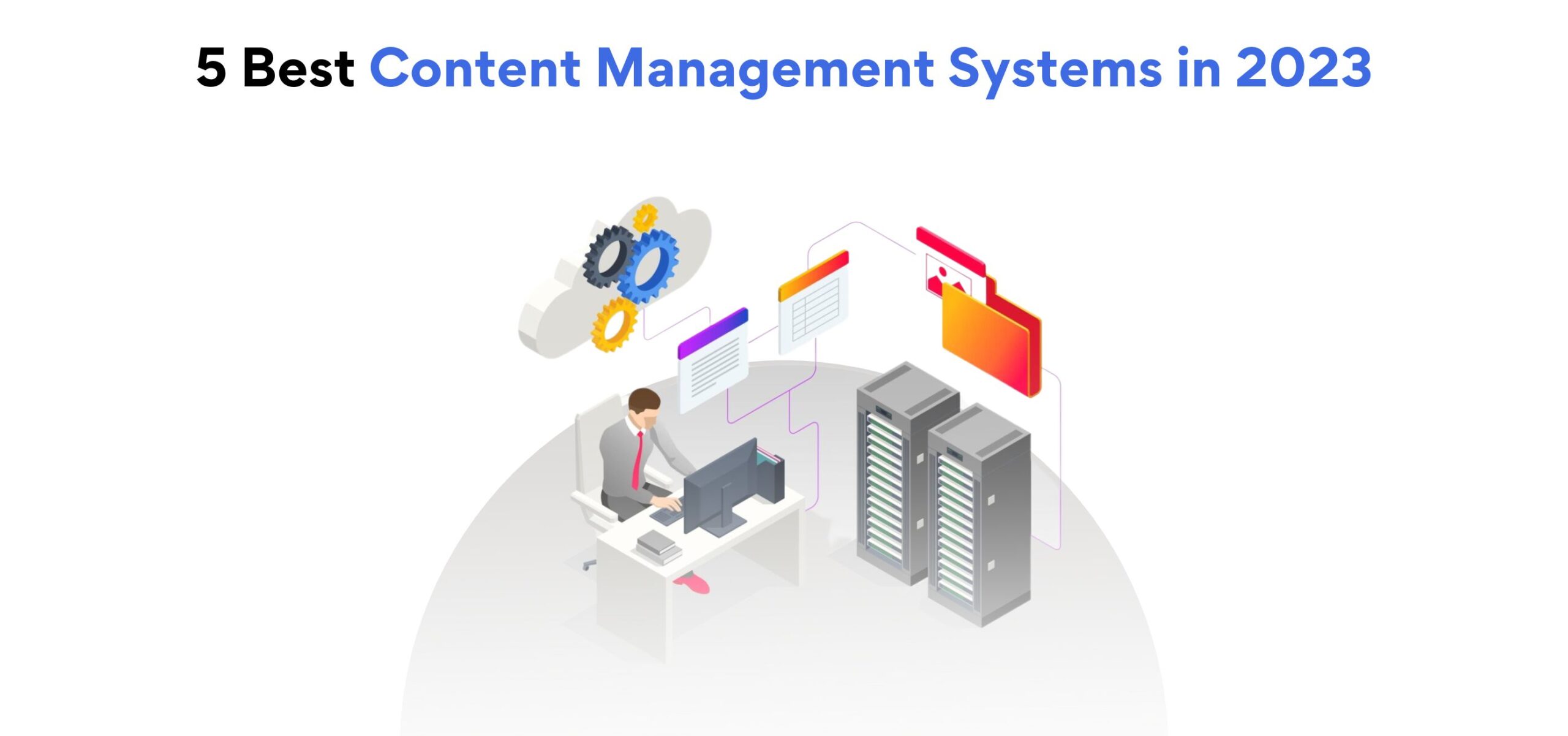






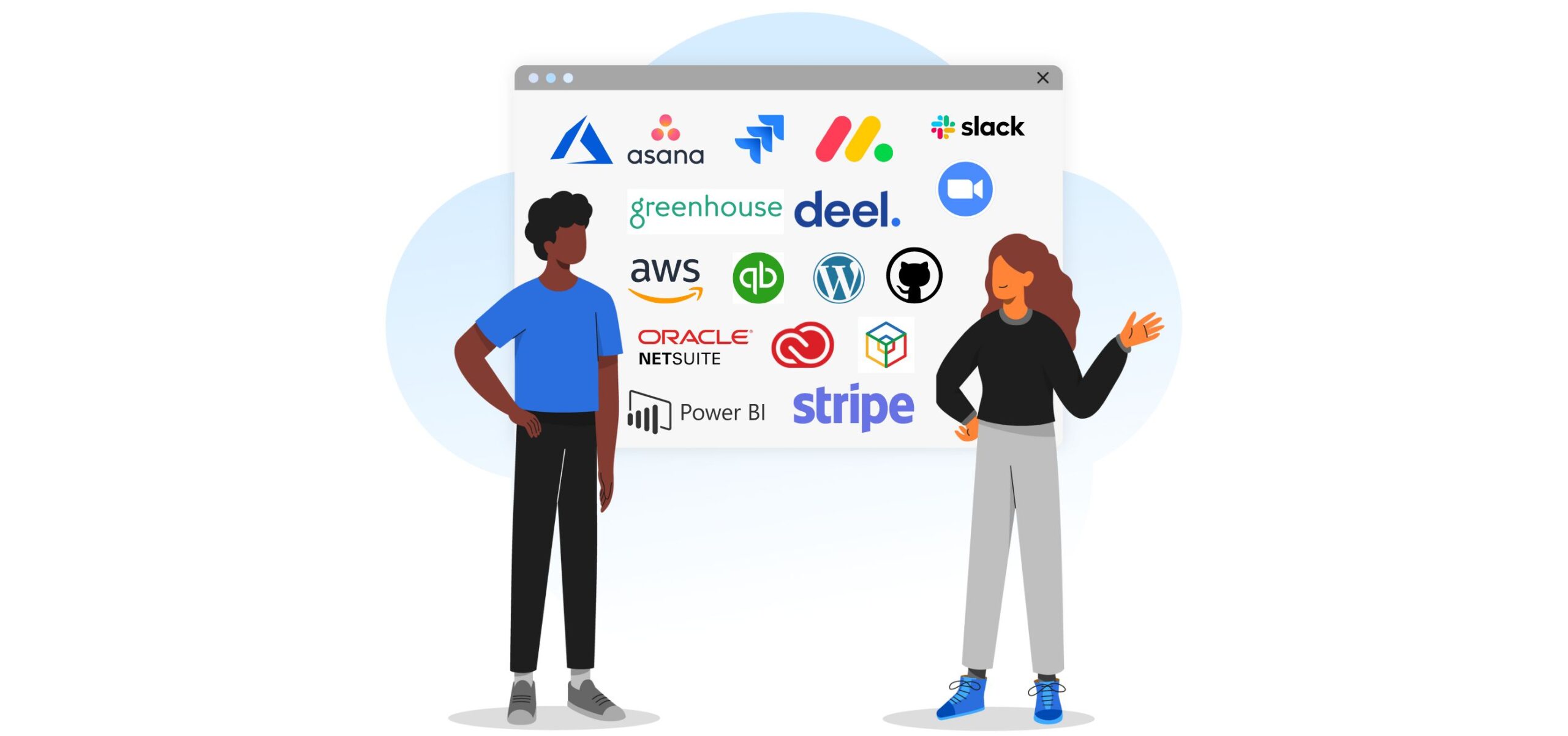

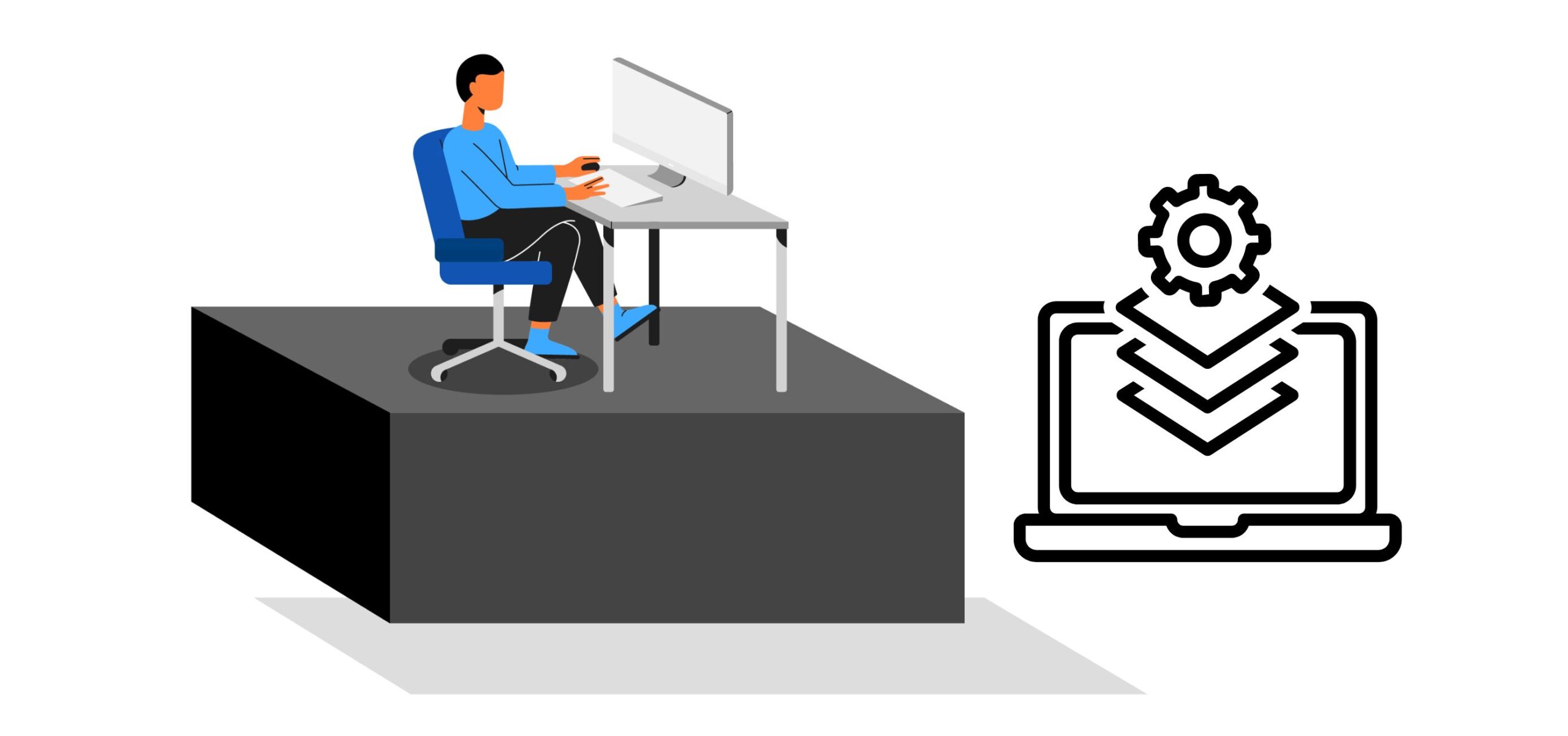
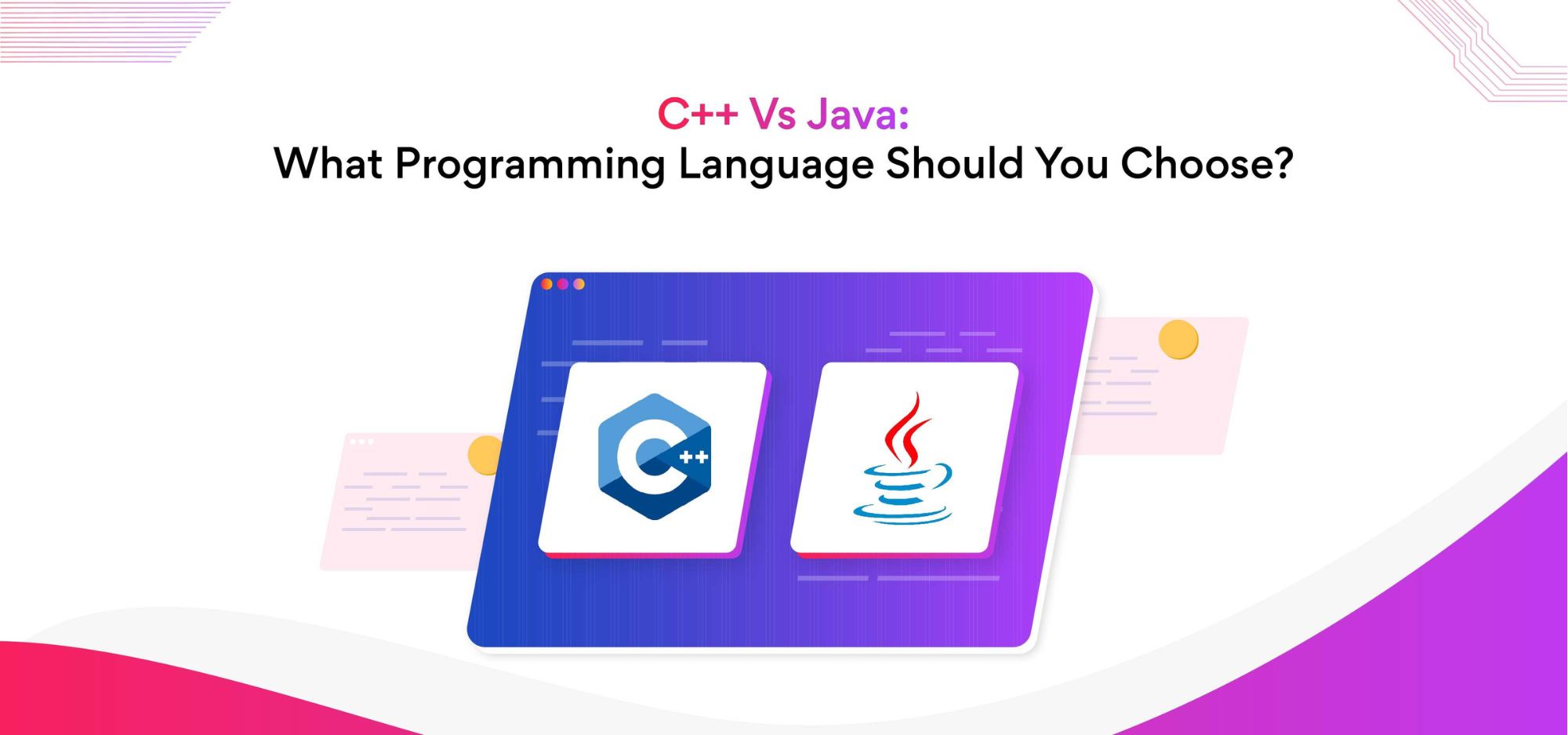
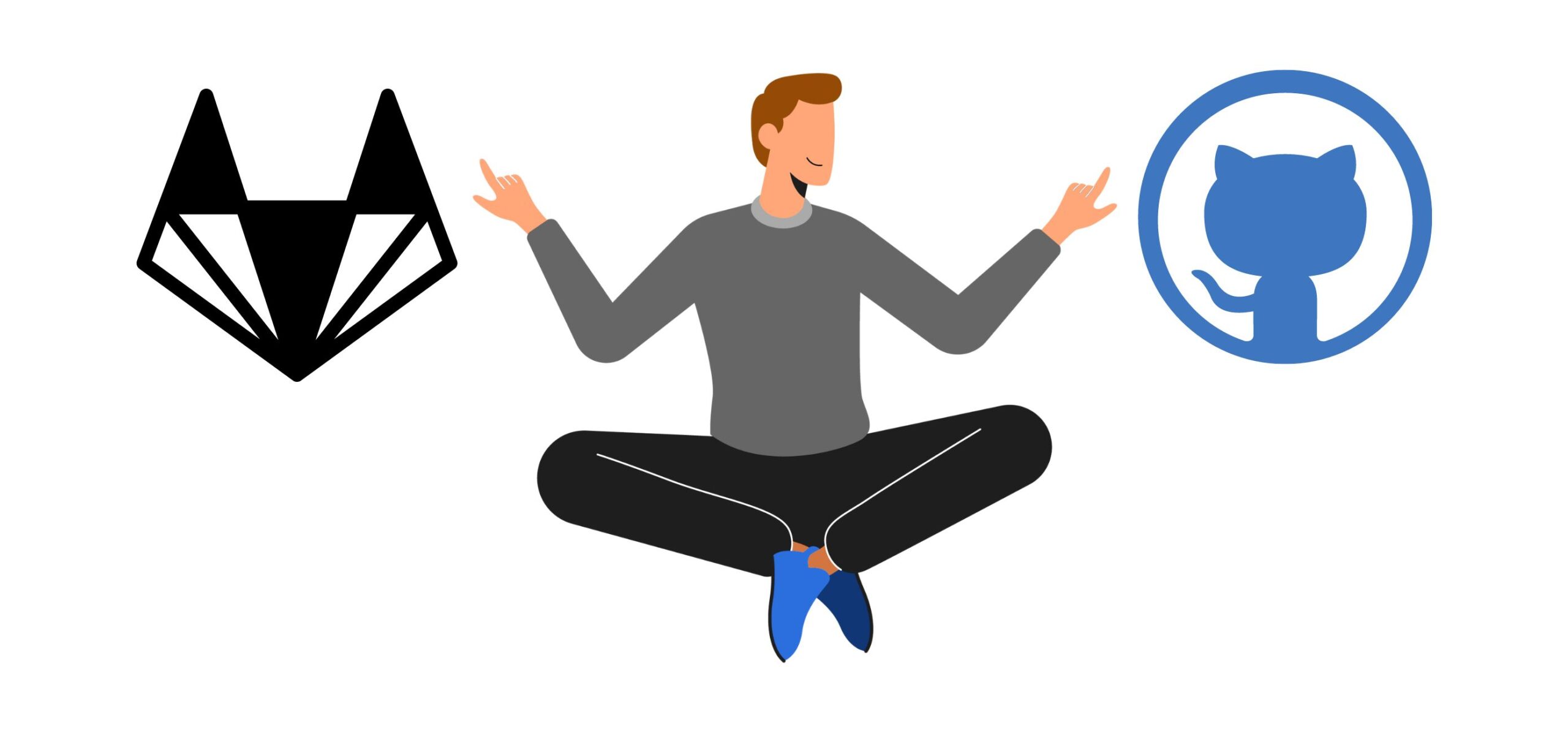

Wonderful Blog, Full of informative content and interesting Flow, Thanks for sharing.